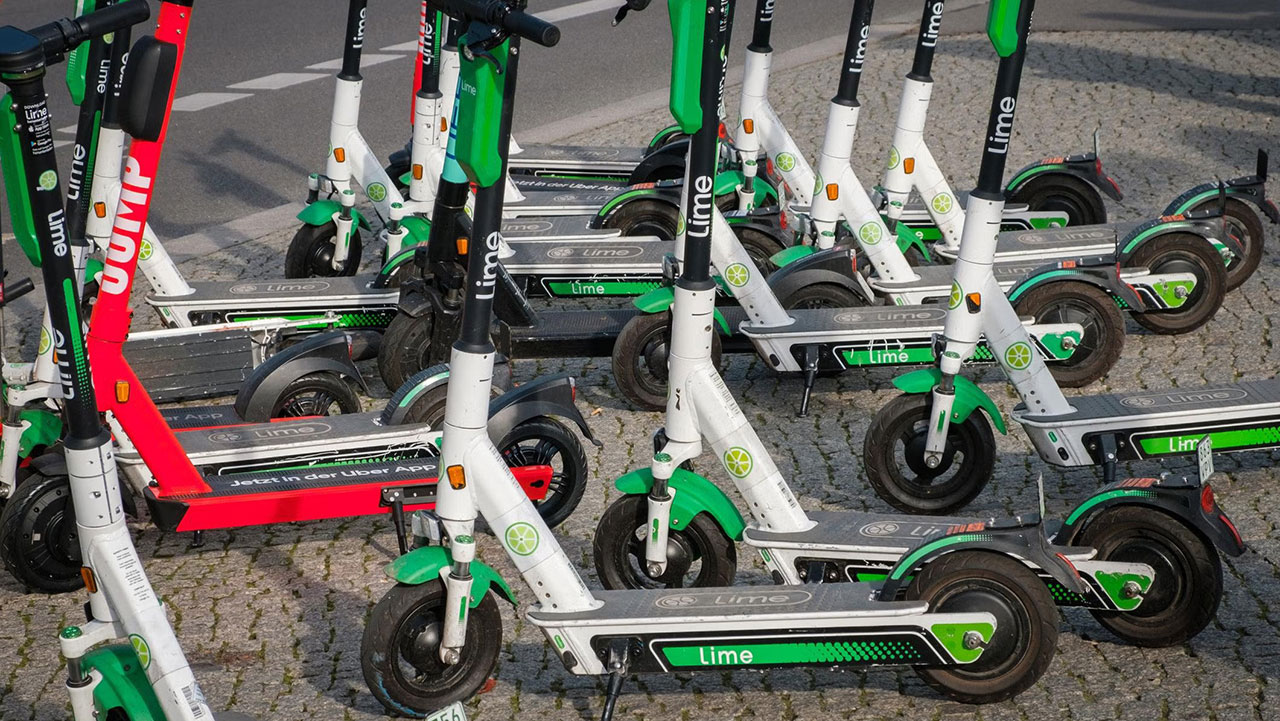As of this week, e-scooters are banned in Madrid's extensive public transportation system, including intercity and city buses in other municipalities and the Madrid Metro.
The reason for the ban is the risk of battery fires. In October, a faulty e-scooter battery caused an explosion in a Madrid subway. The explosion blew out train windows and caused some serious damage, but fortunately there were no reported injuries.
Another accident occurred last year in Barcelona. An e-scooter battery exploded and caught fire on a train, injuring three people and prompting a ban on e-scooters on public transport.
↑An e-scooter explodes and catches fire on an FGC train in Barcelona on November 17, 2022↑
Seville also imposed restrictions on personal electric movers on public transportation, but only during rush hour and on weekends.
At least in Barcelona's case, violators will be fined 200 euros, and other cities are finding ways to enforce the new rule.
But not just in Spain. Restrictions on e-scooters on public transport are spreading to other European cities.
London has banned all private e-scooters and e-unicycles on public transport, including buses and the Tube, until further research can justify otherwise, citing the risk of toxic smoke from faulty batteries - or worse, fires or explosions.
Earlier this summer, Hamburg also banned e-scooters from its subway system until the Hamburger Hochbahn can be convinced otherwise.
Source: electrek

